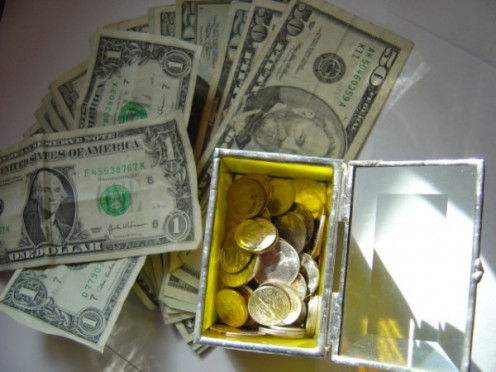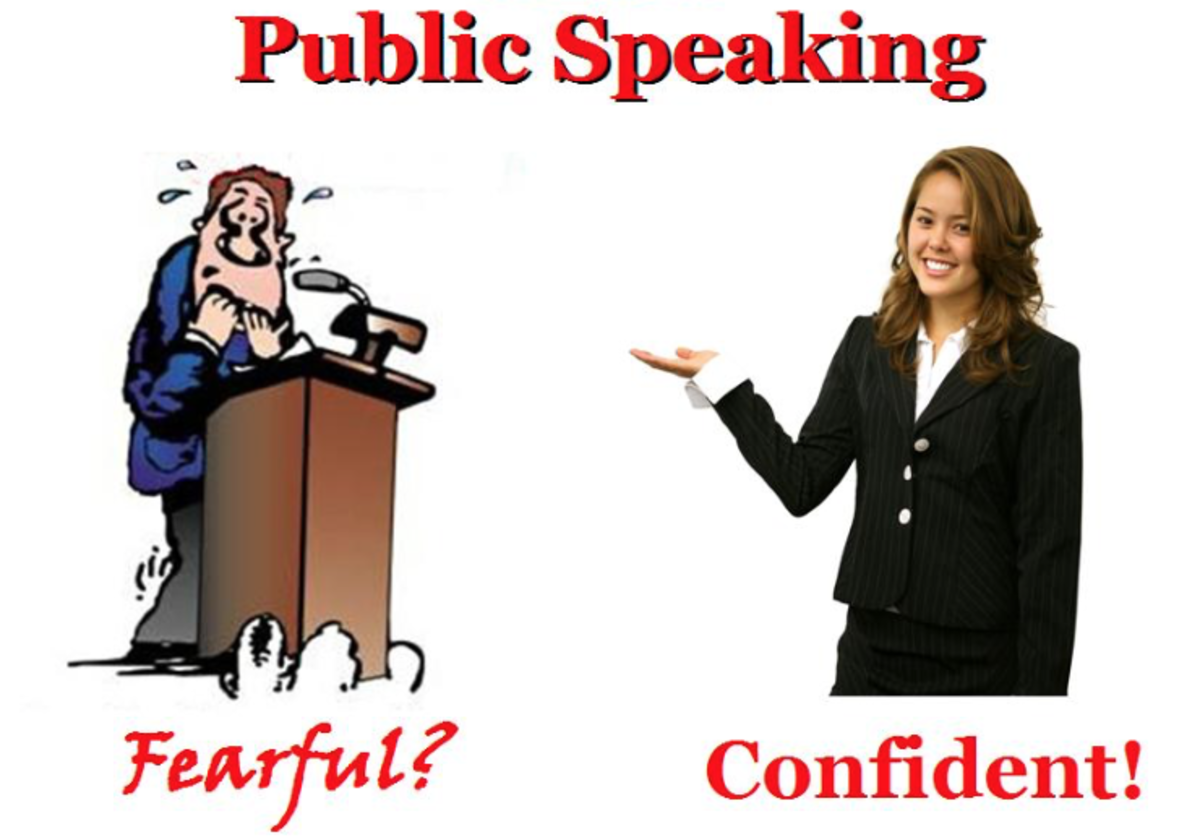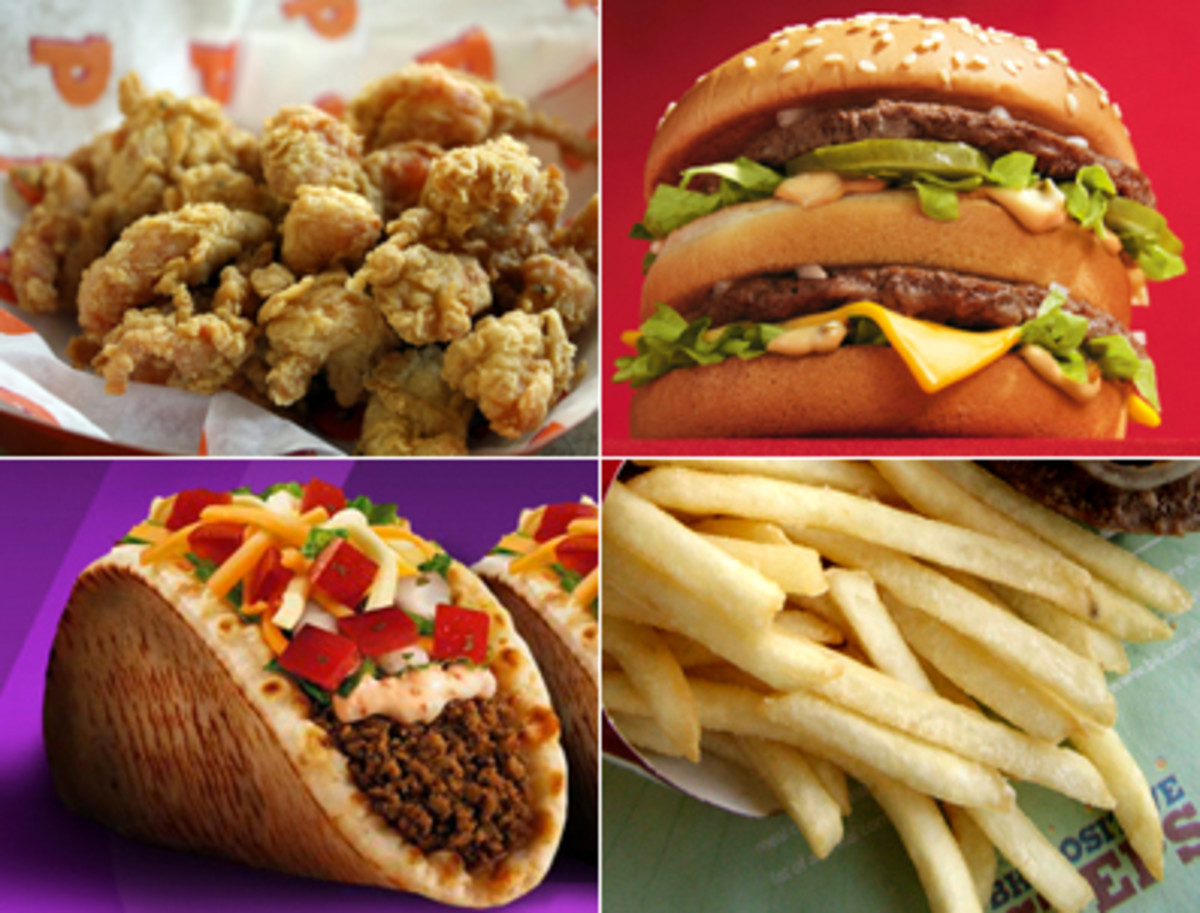Tipping: Its Definition, Origins, Common Practices and Expectations

Should You Tip?
I've written this to answer the question, "Should you tip at a buffet, fast food restaurant or coffee shop?" asked by bankscottage.
Let me start by saying I do leave tips at sit-down restaurants, but it galls me. I don't believe in the practice. I believe these employees should be paid a fair and adequate wage in the first place, at least minimum wage, more as they gain experience!
But at a buffet? Who would you tip? Run around and find some employee refilling salads? The guy handing out cups for drinks? The manager? Leave money on the table, and who knows who ends up with it? (Perhaps even a dishonest customer?)
I don't think so! It's self-service, folks...and most of the time, you have to bus your own table as well. When I see a jar placed out ASKING for tips, (usually at coffee houses such as "Starbucks"), I call that tacky and in poor taste, and I won't make a deposit.
The History
The concept of tipping goes far back in time. It may even date back to ancient Rome, but was probably more like a bribe in those days. Indeed, if you analyze the practice, it is still a form of bribery. "If you do this, and do it well, I will reward you with extra money."
The origin of the word is an acronym, supposedly meaning, "To Insure Promptness." In its original incarnation, the tip was given prior to the meal (or service), hence the bribery aspect. There can be found a number of discussions in various Internet sources as to whether or not this is the actual meaning of the word.
One source calls it a "backronym," a coined word meaning that the practice existed first, and someone came along later and fitted words to the letters to force in an artificial history and meaning. I rather doubt this, since references to the wording "To Insure Promptness," (or "promptitude," in Shakespeare's day) go back so far in time.
What Are The Reasons For Tipping?
The practice of tipping has become so commonplace that it is expected, and workers are insulted if they do not receive a tip. In fact, it is so 'expected' that service workers can be penalized for failure to report their tips at tax time. The IRS will make an assumption about how much tip money the person should have gotten, and charge them tax accordingly, even if they earned less. (Well, there's the government for you--and we all know what "assume" spells, right?)
The usual reason given for leaving a tip is that the service industry workers, most notably in the food service area, are paid less than minimum wage and must make up the difference in tips. In my opinion, this is just plain wrong. No one should ever earn less than minimum wage, period. The law needs to be changed in this area to disallow that practice.
The secondary reason given is as a reward for good service, with increasing amounts for above average or truly outstanding excellent service. That's fine. But it should be an option of the customer to decide whether that extra bonus has been earned.
I do not believe it is up to the customer to be expected to supplement the employees' salaries by means of "standard" tipping schedules, dictating a certain percentage of the bill.
How Much Should a Tip Be?
The standard is currently at 15%, after tax. Right away, I have a problem with that. Why should the tax come into the equation? Neither the worker or the establisment gets any of the tax money: it goes right to the state coffers to be re-distributed to counties and cities at large.
However, the tax is useful in figuring out how much the tip should be. Where the tax rate is in the 7.5% to 8.5% range, a general easy way to figure the amount is to simply double the tax amount--it gets you into the ballpark of the 15% mark. A 10% tip is easy to figure--simply move the decimal point in the total amount over one space to the left, and you've got it.
Some people sit there with their calculators (mental or actual) and figure the tip to the exact penny. That's not necessary. Just round to the nearest dollar, and you're good.
Have you ever worked in food service and had a problem with the employer's handling of tips?
Who Gets the Tips?
Traditionally, the server in a restaurant gets the tip. But that's not the end of the story. One of my daughters worked in a restaurant during summer break one year, and I then leared that the server is expected (no, made!) to share her tips with the bussers! Here's where your under-reporting issues come in. Who wants to tell the IRS you made xxx dollars in tips, when you don't even get to keep all of it? No one wants to pay taxes on money they didn't get.
When it comes to tips added on to credit card tabs, the employer is supposed to take the tip amount from the till and give it to the server. That doesn't always happen, either. However, by virtue of all those credit receipts, they have an accurate record of what each server earned, and it can be reported to the IRS, leading to the issue mentioned in the last paragraph.
There is the further issue of some establishments collecting all of the tip money, whether cash or credit, and distributing it among the employees at the end of the shift. This scenario has the potential for abuse, favoritism and outright cheating of the employees.
Do you think food service employees should simply be paid at least the standard minimum wage?
"They" Say, If Tipping Were Eliminated, Prices Would Go Up
Well, in a sense, that's true. But, no, it's not really true. When you stop to think about it, if the employee salaries were raised by that 15%, and that same 15% added to the cost of the menu items you've still spent the same amout in the end.
What's the difference whether you pay $7.95 for a lunch platter, and tip the server 15% (about $1.20), so your final cost is $9.15, or whether the menu item is simply priced at $9.15, and you leave no tips? It's a wash.
Eliminating the practice of tipping, and adjusting salaries to compensate would also eliminate much angst over figuring out the tip amount, and hard feelings on the part of servers who thought the customer was being cheap.
It would also eliminate the tax-reporting issues, and it would get rid of the potential for unethical employers to cheat their workers.
When Tipping Should Stay
If someone has really gone above and beyond, anyone should feel free to offer a cash bonus to that employee. But it should not be expected as an obligation falling on the customer.
There are some categories of employees barred from taking tips, and these usually fall under government jobs, as it would be considered a bribe. Hmmm.... didn't I say that at the beginning?
I'm sure my personal opinions are controversial and I may get some flak from folks working in the industry, but let me reiterate that I've stated a plan for the monetary compensation to stay at least the same and possibly go up.
Take the polls and quiz, and have some fun and let me know what you think.








